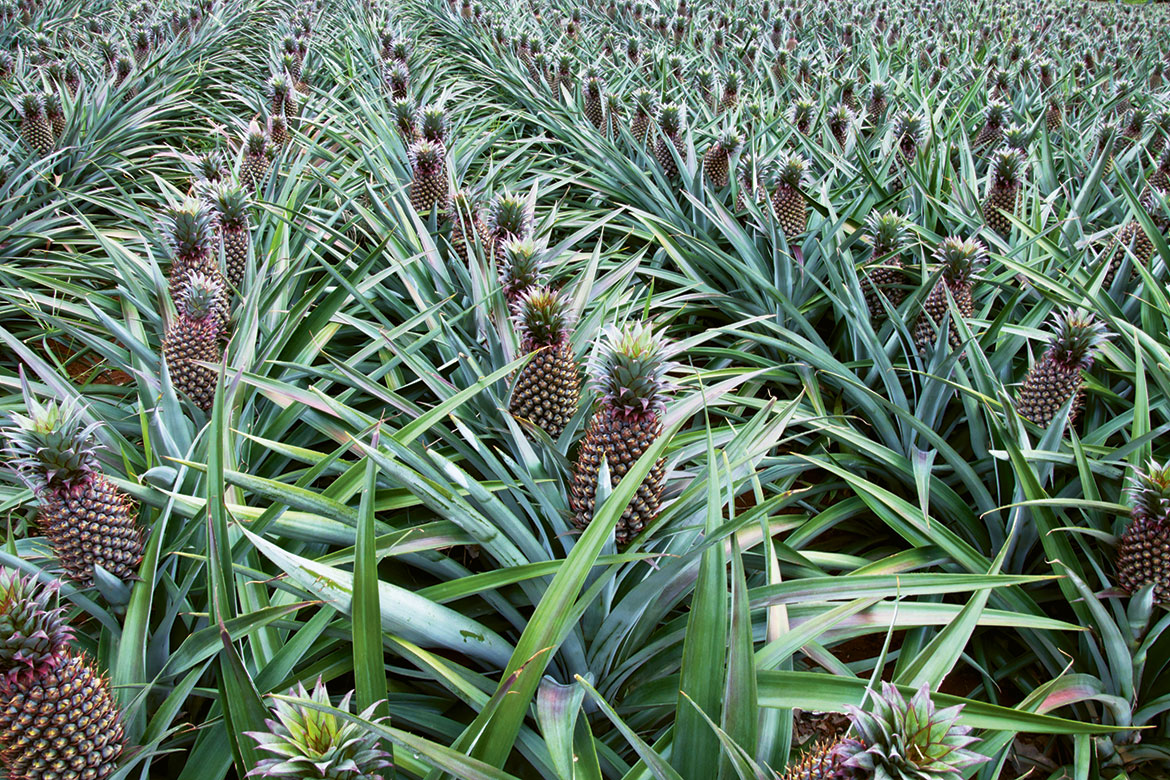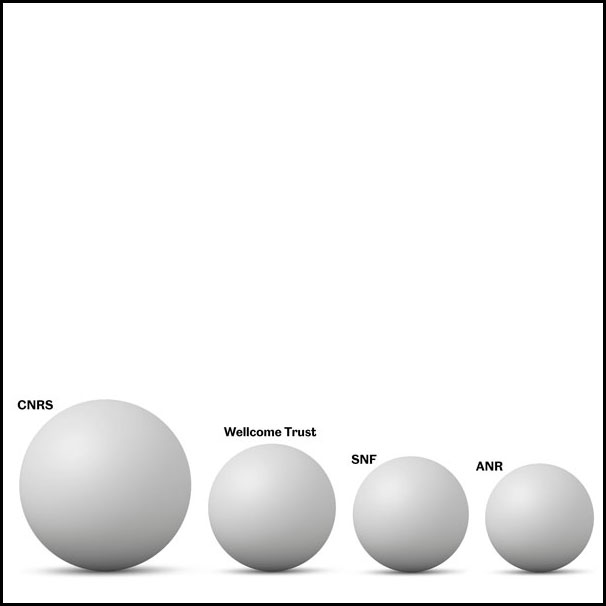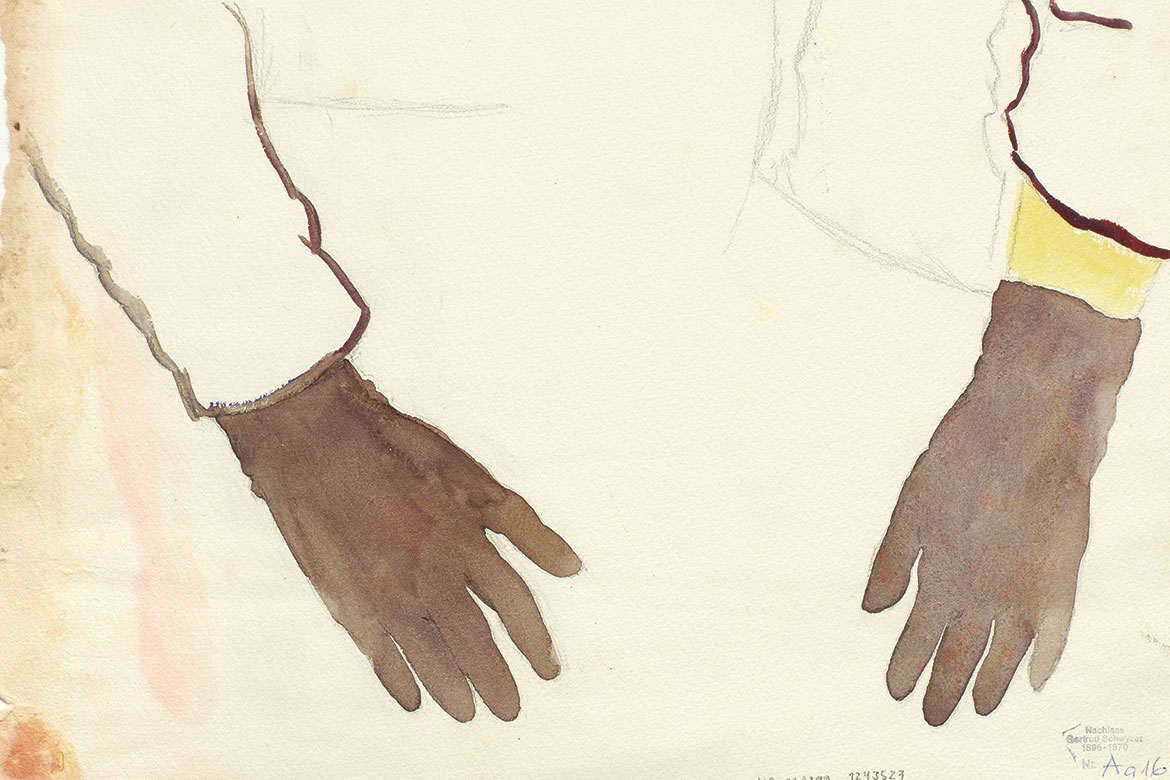Making pineapples sustainable
Technical standards for tropical fruit penalise small plantations.

Pineapple production: Fair-trade certificates make it more difficult for small farmers to market their fruit. | Image: shutterstock/sibyl2011
The perfect pineapple should be golden-yellow, its crown of leaves well-formed, and it has to be produced according to fair-trade rules. The big distributors in the West have exacting demands when it comes to quality. But to fulfil them, production has to be standardised. Nadine Arnold, a sociologist at the University of Lucerne, has been investigating the impact of fair-trade standards on pineapple production in Ghana in West Africa.
To this end, Arnold has accompanied small farmers, plantation owners, quality assessors and export managers in their daily work, and has conducted interviews with them. She has been evaluating at what stages of production standards are applied, and how they influence the everyday work of the people on the plantations. These standards apply to sustainability, but also primarily to the size, colour, form, weight and variety of the fruits. “Implementing all of them is major achievement”, says Arnold. “The producers organise all aspects of their cultivation according to these various directives”. But these fair-trade pineapples produce both winners and losers in Ghana. Often, the producers can only sell a fraction of their harvest at a good price. The two certified fair-trade cooperatives are only able to meet the required standards because they are supported by buyers on the spot.
It’s the cooperatives of small farmers that are really at a disadvantage – which is paradoxical, because the fair-trade system was originally designed to support them. Some pineapple plantations are even considering giving up their fair-trade certificates.
How could they be helped? “Apply fewer standards”, says Nadine Arnold. But that would mean consumers being prepared to buy not just pineapples that are perfect, but also those that are small and/or misshapen.
N. Arnold: Die Produzenten in moralisierten Märkten. Zeitschrift für Soziologie (2019)
https://doi.org/10.1515/zfsoz-2019-0005




